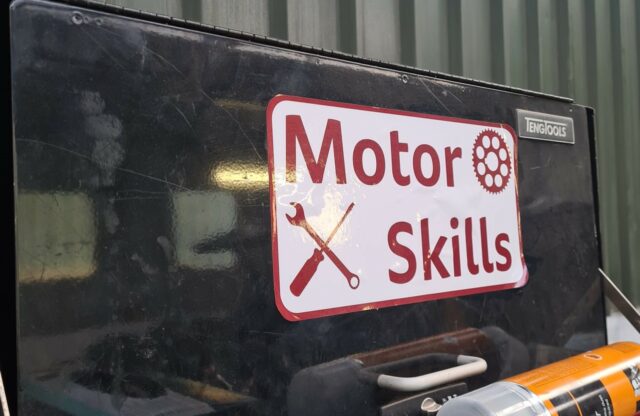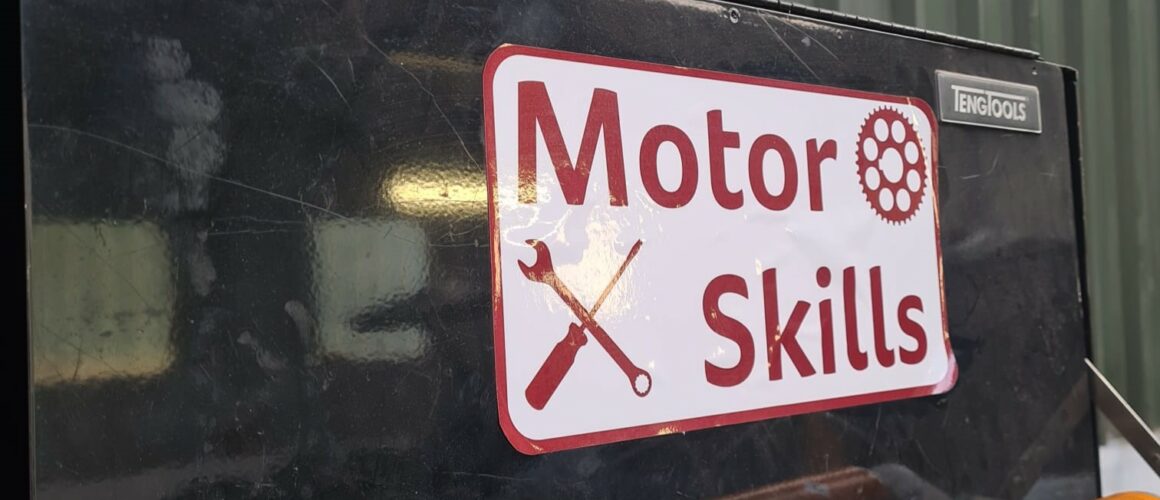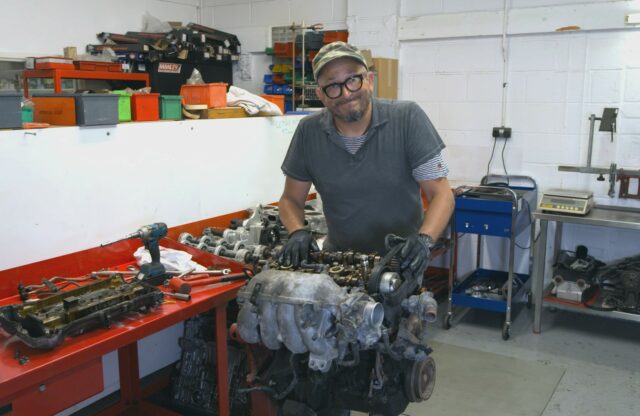WORDS: ELLIOTT HUGHES | PHOTOS: AUTHOR
“We’re constantly told that no one wants to work with their hands any more, but we’ve found the complete opposite,” says Ralph Hosier of Motor Skills Training (MST). “We’ve had families turn up, we’ve had a nine-year-old doing a head-gasket change, and we’ve had 14-year-olds learning to weld. It’s been amazing. We’ve got to engage with kids to get them into the industry; a lot of effort should have been put into this ten or 20 years ago. So now, we’ve got this massive catch-up to do.”
A former JLR and Ford engineer, Ralph spent over 30 years working on experimental prototypes, race machines and show cars before founding Motor Skills Training in 2020. Based in Cambridgeshire, UK, MST offers training courses that encompass everything from basic car maintenance to certified bespoke programmes, and EV and hybrid vehicle qualifications.
It’s no secret that the classic car industry is facing a dire skills shortage that could consign beloved vehicles to the scrapheap, so it’s heartening that organisations such as MST are cognizant of filling the gap before it’s too late. In fact, the Association of Heritage Engineers has approved MST’s enthusiast-focused auto maintenance courses, and upon completion, students can opt to take an exam and receive a certificate.
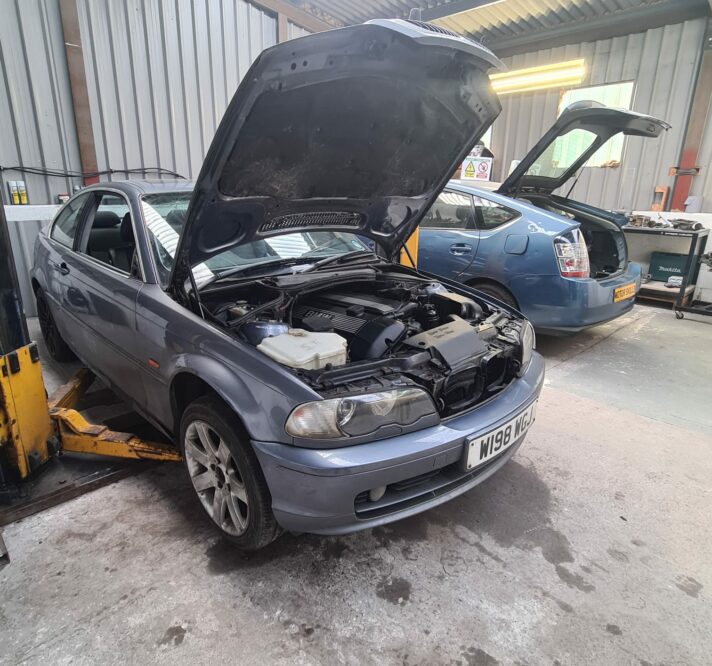
It’s certainly liberating to build your skills without the pressure of working on your own vehicle, where any mistake could cost you more money or leave you stranded
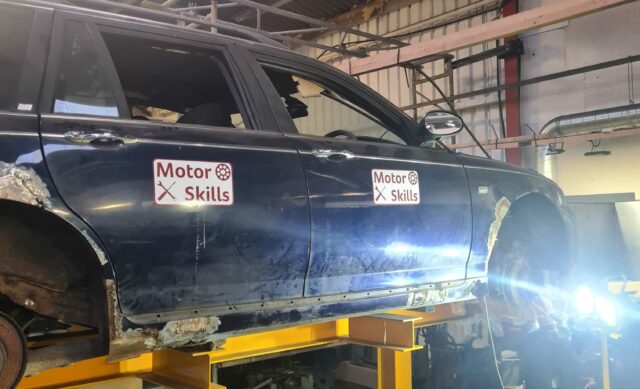
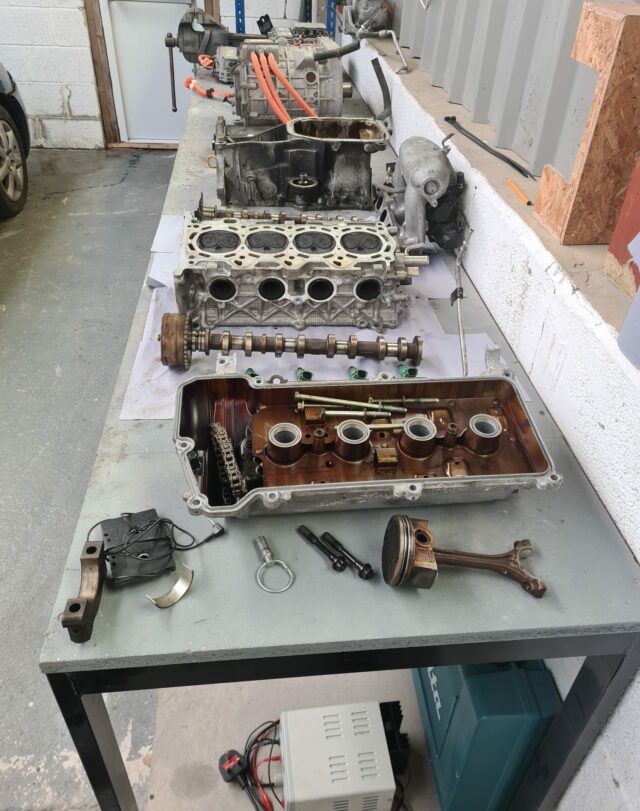
“Separate from our skills training courses, the most important part of the puzzle is to simply get the word out, and let people know that these jobs exist and allow them to think about it as a career,” Ralph explains.
And, with that in mind, I was invited by Ralph and the team to get on the spanners for a flavour of what a relative novice can learn by undertaking MST’s Basic Car Maintenance for Enthusiasts course. Prior to this, my past experience of working on cars was fairly limited: oil changes, installing basic aftermarket bolt-ons, changing wheels and elementary basic wiring jobs.
During my time at MST, my skills expanded dramatically in just a few short hours. I worked on MST’s BMW E46 training car, and can confidently say that it’s certainly liberating to build your skills without the pressure of working on your own vehicle, where any mistake could cost you more money or leave you stranded.
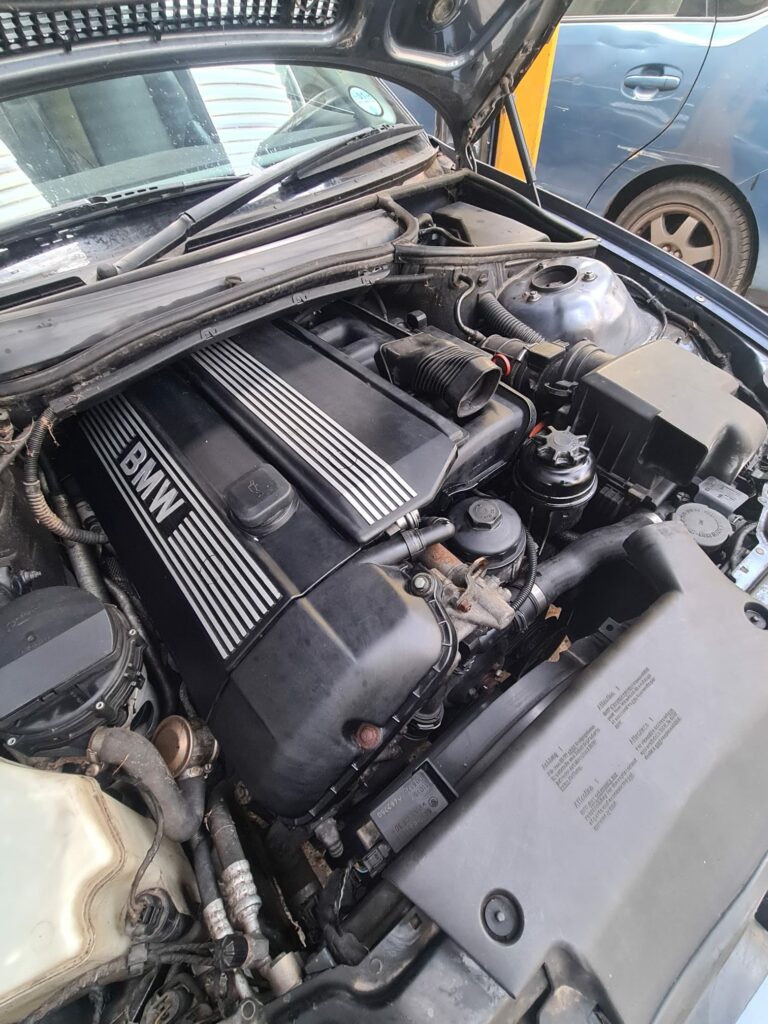
Things started slowly, with basic jobs such as servicing and wheel changes, in addition to a short rundown of the BMW’s powertrain, suspension and chassis components. Then I was asked to identify the parts of a disassembled Toyota Prius engine on the workbench, before things got more challenging…
In the afternoon, I tried my hand at some basic metal fabrication. The first task was to cut a small piece out of the sill of a Rover 75 with an angle grinder, and then MIG weld it back in place. It’s a brilliant skill to have if you need to repair some rust from your classic’s bodywork. Having never welded in my life, this was by far the most challenging part of the day, but it was also the most rewarding. Around one hour later, the metal had been welded back in place, and, feeling emboldened, I finished my training by learning how to use a plasma cutter.
Throughout my training, it was obvious that the beauty of MST’s courses is their flexibility. As someone with only rudimentary mechanical knowledge, there was plenty for me to learn from the Basic Car Maintenance for Enthusiasts course. If, however, you’re more advanced, MST can arrange a course for more complicated tasks such as engine and transmission swaps. There are even those industry-certified EV qualifications I mentioned earlier.
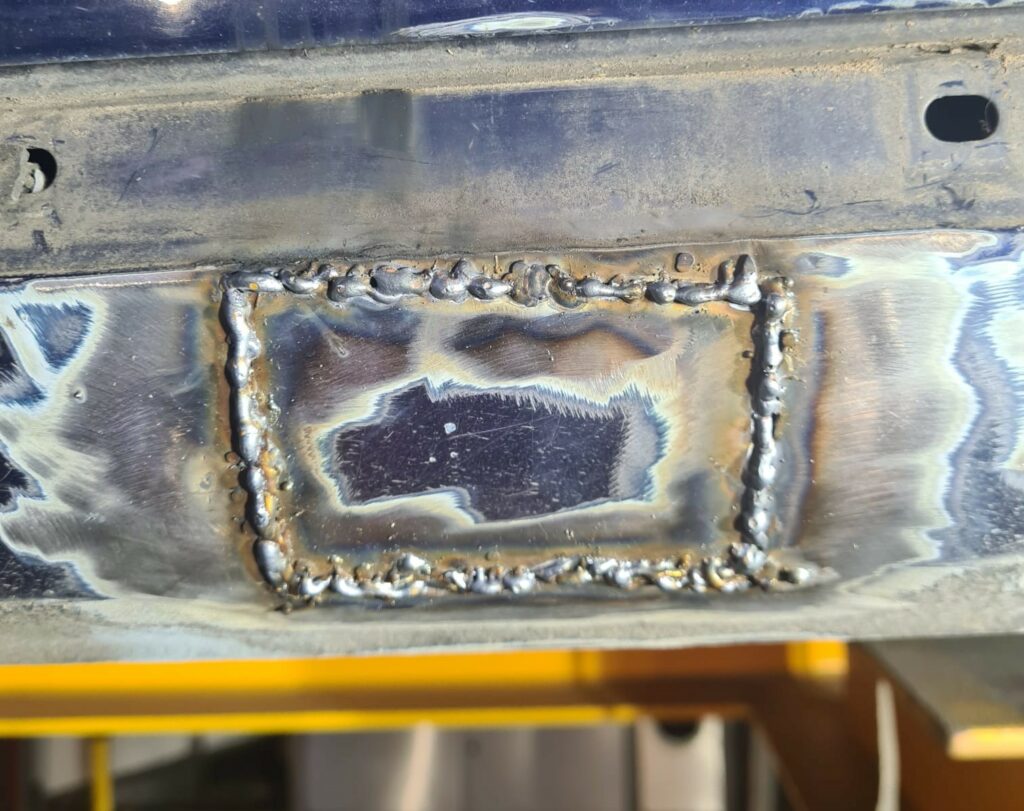
The fact that all this dovetails with the opportunity for youngsters to build their skills, and forge a career in a rewarding industry that’s so desperate for new blood, makes it all the more appealing.
Click here for more.
